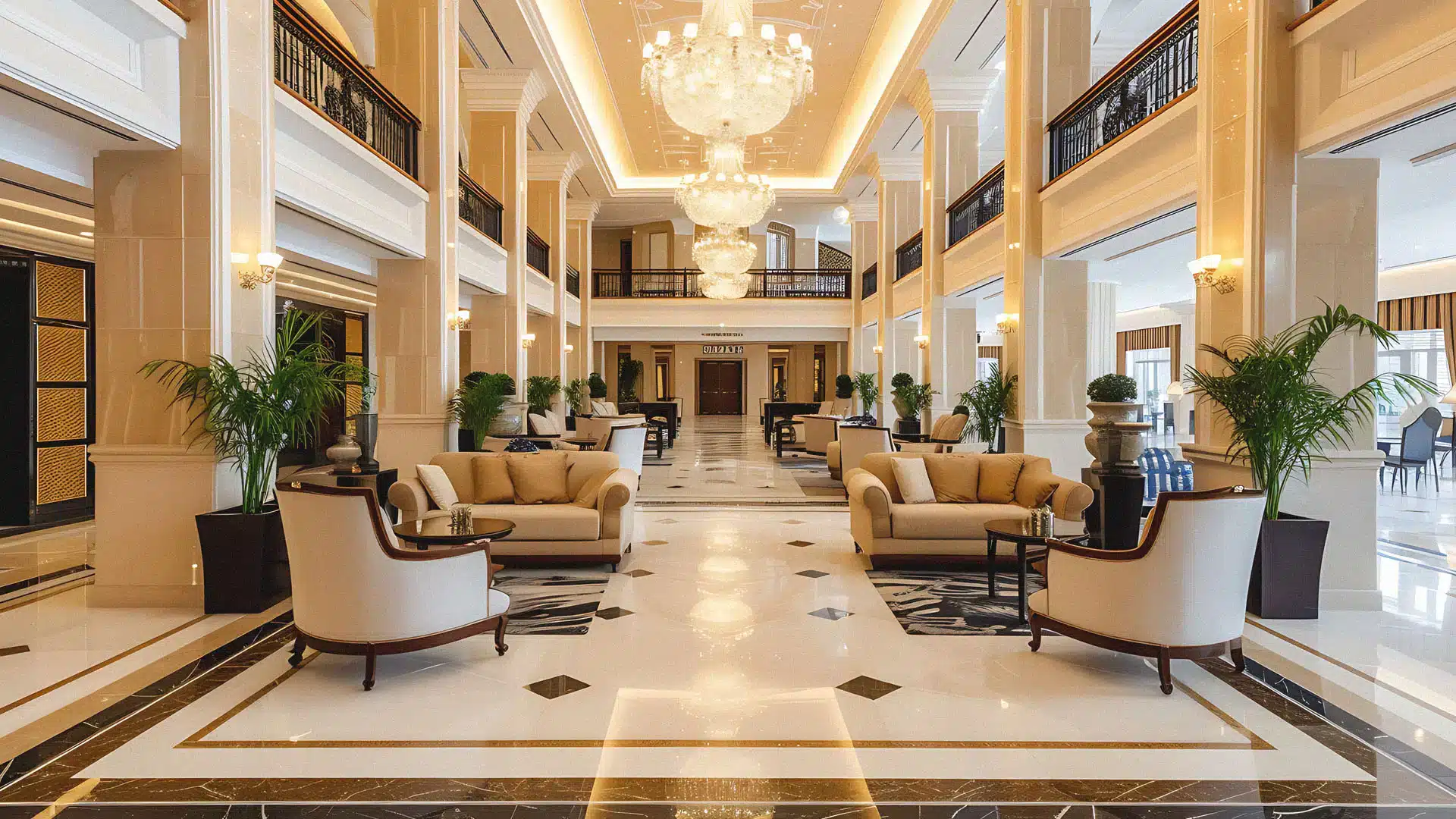The article, originally published by the International Luxury Hotel Association, underscored Otelier’s role in providing actionable insights through data analytics, enabling luxury hotels to streamline their processes and achieve significant savings. Discover how Otelier’s innovations are transforming the luxury hospitality sector.
LUXURY LEADERS ARE REFINING 2024 FORECASTS DUE TO SLOWING DEMAND AND INCREASED PRICING PRESSURE. TO MAINTAIN A HEALTHY BOTTOM LINE, FOCUS IS SHIFTING TO REDUCING COSTS.
With recent forecasts pointing to flatlining demand and increased pricing pressure, many luxury hotel owners and operators find themselves re-evaluating plans for the remainder of 2024 and beyond.
Strategies have shifted to controlling expenses and maximizing profitability. Real-time data utilization, allowing leadership to regularly revisit expense projections to maintain profit margins, has become crucial.
Two areas garnering particular attention are the Food & Beverage (F&B) department, where costs are outpacing revenues, and rising distribution costs, both which emphasize the need for increased data visibility to reduce overhead costs and ensure sustained profitability.
In some cases, luxury hoteliers can look to Artificial Intelligence (AI) to help employees be more productive. Centralizing data and adopting advanced AI models produce more accurate forecasts and empower hoteliers to optimize operations.
Below, we identify some oncoming challenges in the luxury hotel sector and ways data and technology are helping hoteliers control costs and operate more efficiently.
PROFITABLE F&B DEPARTMENTS
Luxury hotel owners and operators are navigating significant shifts in the F&B department due to the impact of COVID-19, including rising costs and changes in consumer behavior. Recent research from CBRE Hospitality suggests that, while F&B revenue experienced substantial growth from 2021 to 2022, there was a slowdown in 2023, particularly affecting luxury hotels. Rising expenses, notably in salaries and wages, outpaced revenue growth, posing a challenge to maintaining profit margins.
To address these challenges and capitalize on opportunities, hoteliers can leverage data analytics to make more informed decisions. By integrating data from point-of-sale and accounting systems, hotel operators can access detailed revenue and expense data to optimize F&B strategies. Integrated budgeting and forecasting solutions such as Otelier TruePlan enables leadership to regularly revisit expense projections to maintain profit margins, particularly in areas like F&B and distribution.
To maximize profitability, focus on higher revenue-generating areas such as bars and room rental, and optimize labor costs based on the data available to you.
REDUCE CUSTOMER ACQUISITION COSTS
Travelers are booking luxury hotels across more channels than ever before, which while on the surface sounds like a positive, can lead to increased distribution costs and profit erosion. Beyond traditional partners like Expedia and Booking.com, there are a growing number of credit card companies that offer incremental incentives to book through their platforms, and these are proving to have increased implications for distribution costs.
Optimizing your channel distribution mix – ensuring you’re partnering with and providing inventory to only the most cost-effective channels – is a critical piece of the profitability puzzle. Even the smallest shift in inventory to a more cost-effective channel will have a significant impact on your bottom line.
AI TO THE RESCUE?
Simply put: Luxury hoteliers that take a wait-and-see approach to the adoption of AI risk being left behind by their competitors. Owners and operators face a transformative shift as AI increasingly impacts hospitality operations, and it’s imperative that we build the framework for future advancements now.
The integration of AI into various areas of hospitality offers opportunities for improved efficiency and decision-making. Centralization of data is fundamental to AI implementation, providing the foundation for training AI models and making informed predictions. While the future promises AI-driven insights across all business aspects, current efforts should focus on consolidating data from diverse sources, including Property Management Systems, accounting, and reservations systems.
Read the full article on ILHA to explore the benefits of luxury hospitality efficiency strategies and how data can help inform them.



